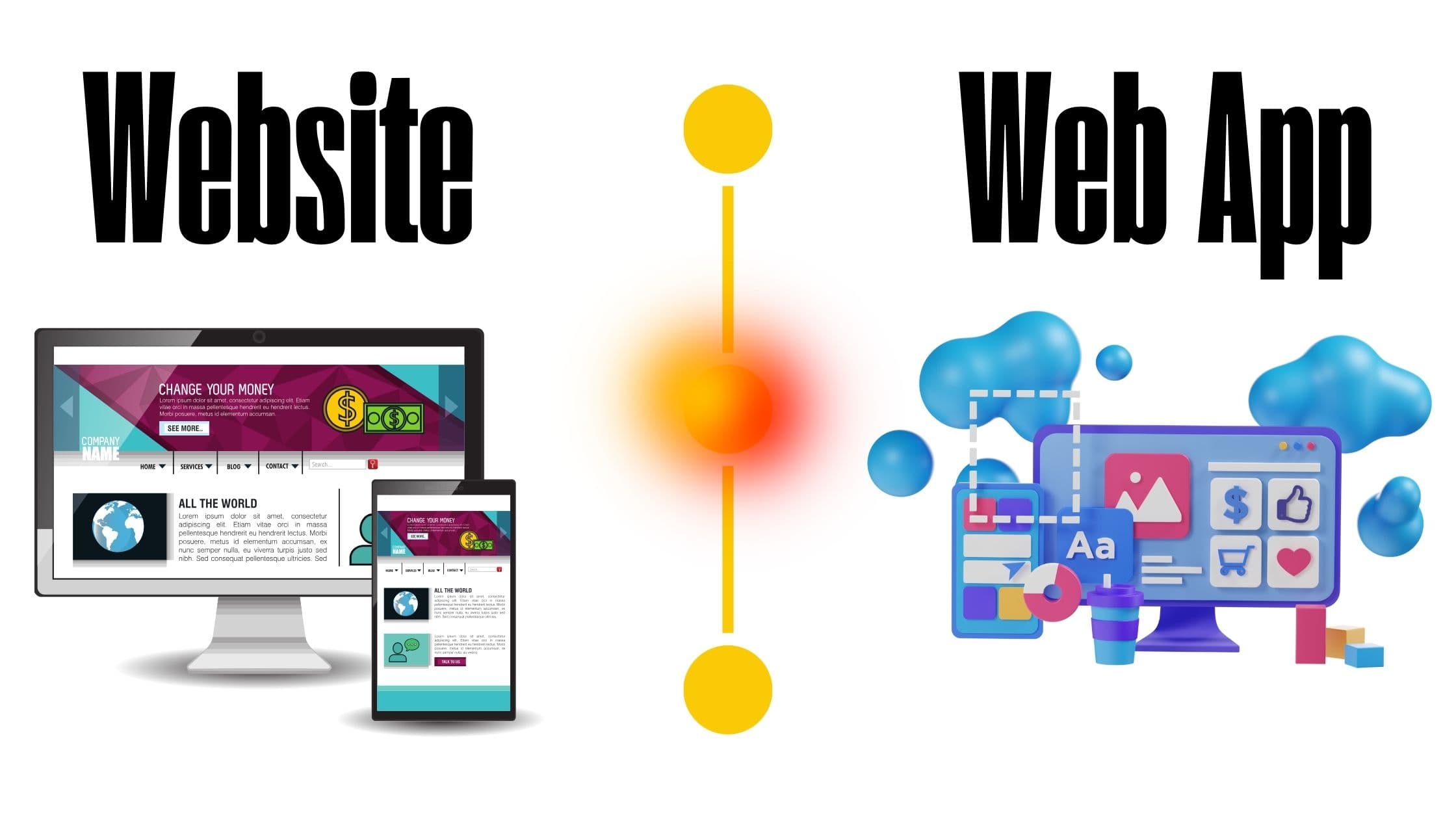
What is the difference between a website and a web app?
By Asad shah
Published on September 14, 2025
"Any fool can write code that a computer can understand. Good programmers write code that humans can understand." – Martin Fowler
In today’s digital world, the line between a website and a web app feels blurrier than ever. You open LinkedIn in your browser—website or web app? You scroll through Medium—website or web app? Even though Netflix looks like a website, the way it works makes it a web app.
So what’s the real difference between the two? And why should founders, developers, or even non-tech business owners care? Let’s break it down in simple words.
What is a Website?
A website is like an online brochure or a digital magazine. Its main purpose is to share information.
- Examples: blogs, portfolios, news sites, and landing pages.
- What you do: mostly read, watch, or browse.
- Built with: HTML, CSS, maybe some JavaScript or a CMS like WordPress.
- Features: simple navigation, static content, and sometimes contact forms.
👉 In short, a website is built to show, not to do.
What is a Web App?
A web application (web app) is more like a tool than a brochure. It’s designed for interaction. You don’t just visit—you work inside it.
- Examples: Google Docs, Trello, Notion, Gmail, Spotify.
- What you do: create, edit, track, or interact with data.
- Built with frameworks like React, Next.js, Vue, or Angular.
- Features: login/signup, dashboards, real-time updates, connected databases.
👉 A web app is built to do, not just to show.
The Difference in Simple Words
Here’s how you can tell the difference without needing to know code:
- If you visit the page just to read or view content, it’s most likely a website.
- If you log in, create something, or interact with features, it’s a web app.
Still confused? Let’s make it even clearer with an example.
Example You’ll Understand Instantly
Imagine you’re a fitness trainer.
- If you create a website, it might include:
- Your portfolio and client testimonials
- Blog posts on health tips
- A “Contact Me” form
👉 Visitors just read and maybe contact you.
- If you create a web app, it might include:
- User accounts and personalized dashboards
- Workout tracking and progress charts
- Nutrition planning tools
👉 Users actually interact, save data, and use it as a tool.
That’s the practical difference.
Why It Matters in 2025
The internet has shifted. Having just a website is like handing out a business card. Useful, but limited.
In contrast, a web app:
- Keeps users engaged longer.
- Collects valuable data.
- Often becomes the product itself (think SaaS).
For businesses and startups in 2025, the question isn’t “Should I build a website?” It’s “Do I need just a website, or should I launch a web app?”
When to Choose What
Go for a Website if…
- You need an online presence quickly.
- You want to showcase information (like blogs, portfolios, or company pages).
- You don’t need users to log in or perform complex actions.
Go for a Web App if…
- You want users to actively interact.
- Your business idea involves accounts, data, or dashboards.
- You’re building SaaS or a digital tool where functionality is the product.
Final Thoughts
The difference between a website and a web app comes down to one word: purpose.
- A website is for information.
- A web app is for interaction.
In 2025, the most successful companies combine both: a clean website to build trust and a powerful web app to keep users engaged.
So when you plan your next project, ask yourself: Do I just want people to read, or do I want them to use?
We’ve helped founders and teams go from simple websites to fully functional web apps. The difference wasn’t just technical—it transformed how their users engaged with their product. If you’re stuck between the two, plan smartly, because building the wrong thing first is the fastest way to burn time and money.
